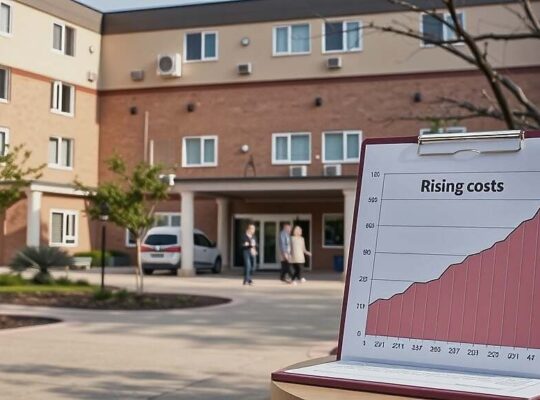The German government’s proposed overhaul of unemployment benefits, dubbed “Bürgergeld” is facing renewed scrutiny amidst concerns that reforms will disproportionately impact vulnerable populations and potentially exacerbate homelessness. While officials, including SPD parliamentary group deputy chair Dagmar Schmidt, insist safeguards are in place, critics argue the planned changes carry significant risk.
The core of the proposed reform involves removing the direct transfer of rent payments to landlords when recipients fail to comply with job-seeking obligations or stipulated requirements. This shift, designed to incentivize engagement with the labor market, has triggered alarm bells among social welfare organizations who penned an open letter to lawmakers warning of potentially devastating consequences for those at risk of losing their homes.
Schmidt maintains that the legislation explicitly guarantees continued rent payments to landlords even in cases of benefit reductions or non-compliance, dismissing fears of widespread homelessness. She emphasizes the persistence of hardship clauses intended to protect families and individuals with mental health challenges, asserting that job centers are obligated to conduct personal hearings to consider individual circumstances before imposing any sanctions. “Before any reduction can be issued, job centers are required to conduct a personal hearing, taking into account individual life situations and health or mental burdens” she stated.
However, the reliance on these safeguards – personal hearings and hardship clauses – raises questions about their practical effectiveness and equitable application. Critics highlight the often-overburdened nature of job centers and the potential for inconsistent implementation of hardship considerations. The proposed cap on housing costs, while intended to prevent inflated rents, also faces skepticism regarding its ability to balance affordability and prevent displacement, particularly in regions with limited affordable housing options.
The assurances of a reliable and humane social safety net, while comforting in rhetoric, are viewed by some as insufficient to mitigate the inherent risks involved in restructuring a system that provides a vital lifeline for the most vulnerable members of society. The long-term implications of the reform, particularly its impact on homelessness rates and social equity, remain a subject of intense debate and will likely be a key battleground in the upcoming legislative process. The fine print of the implementation and resources dedicated to supporting vulnerable individuals will ultimately determine whether the government’s promises of a safety net translate into tangible protection.












